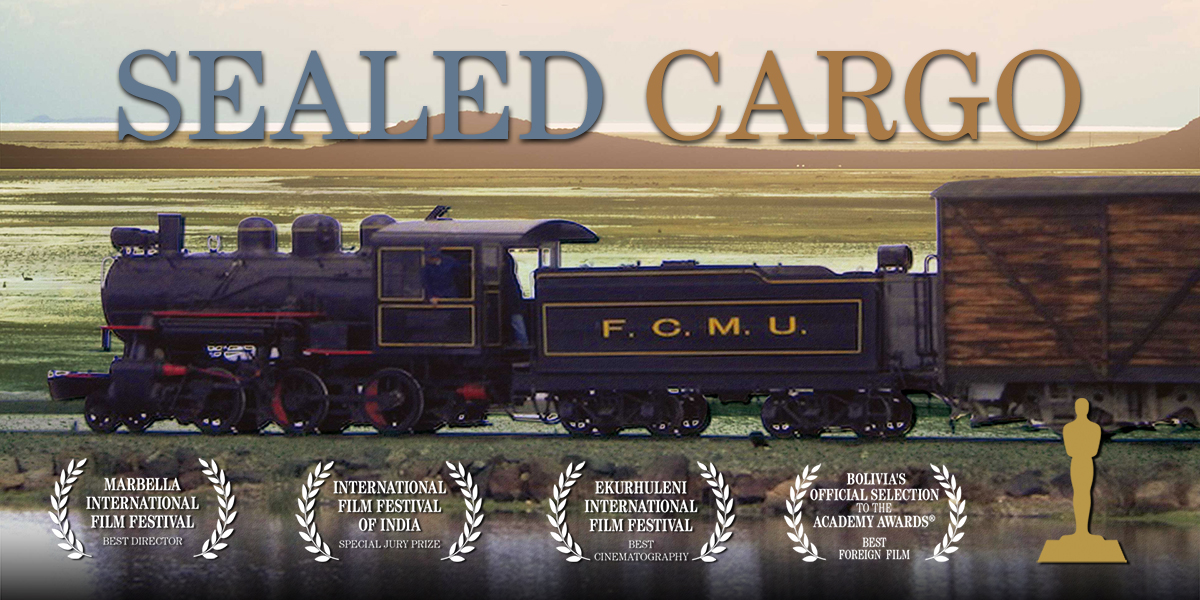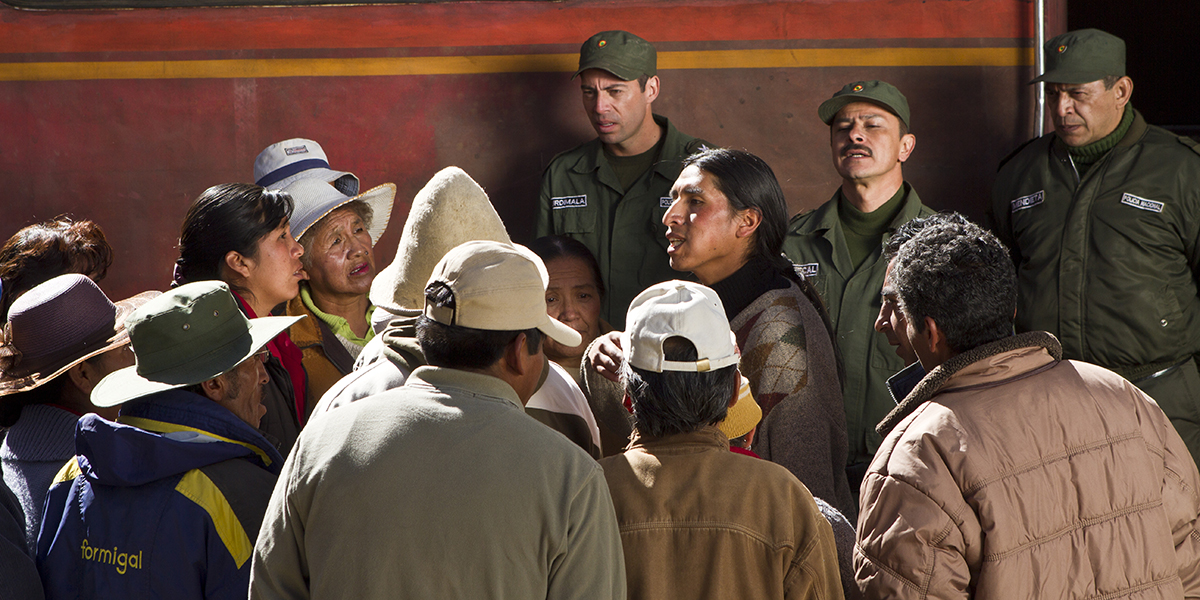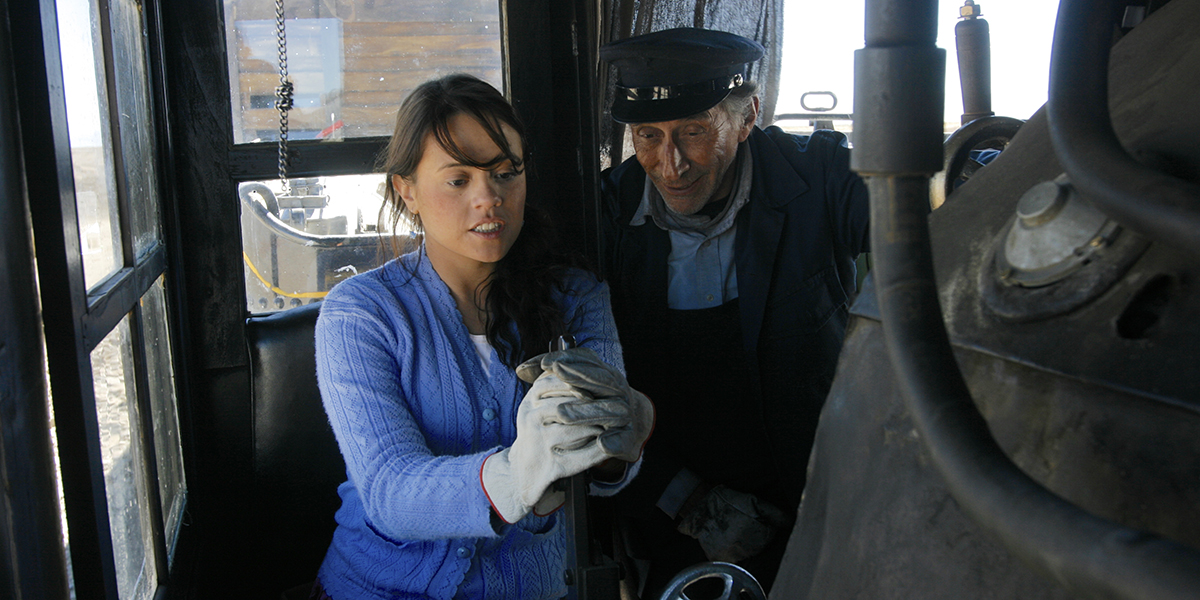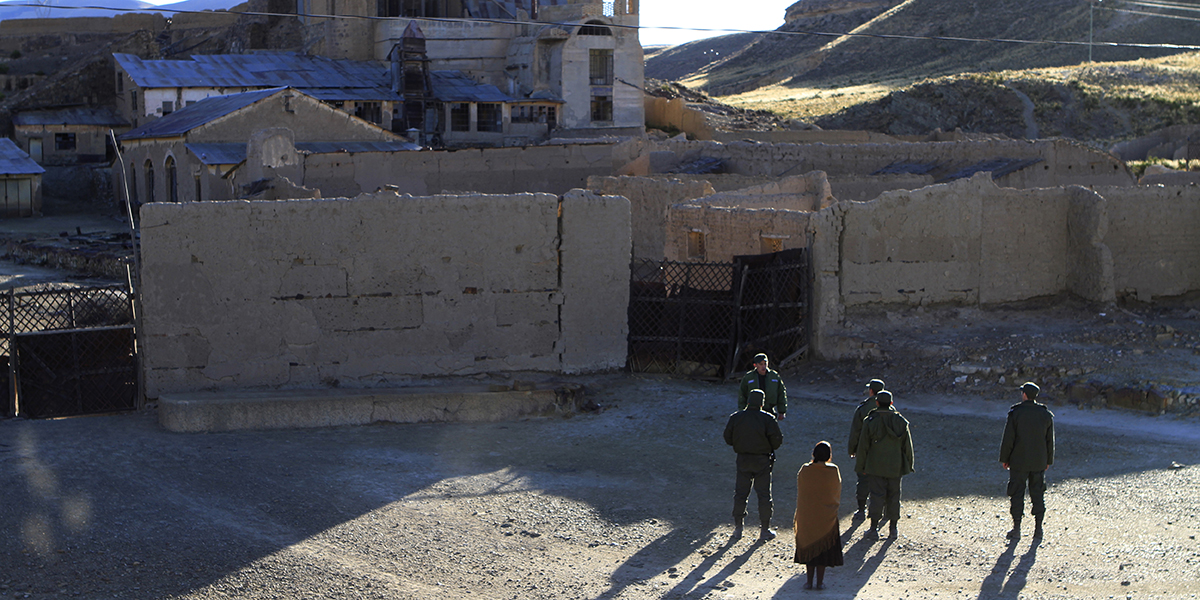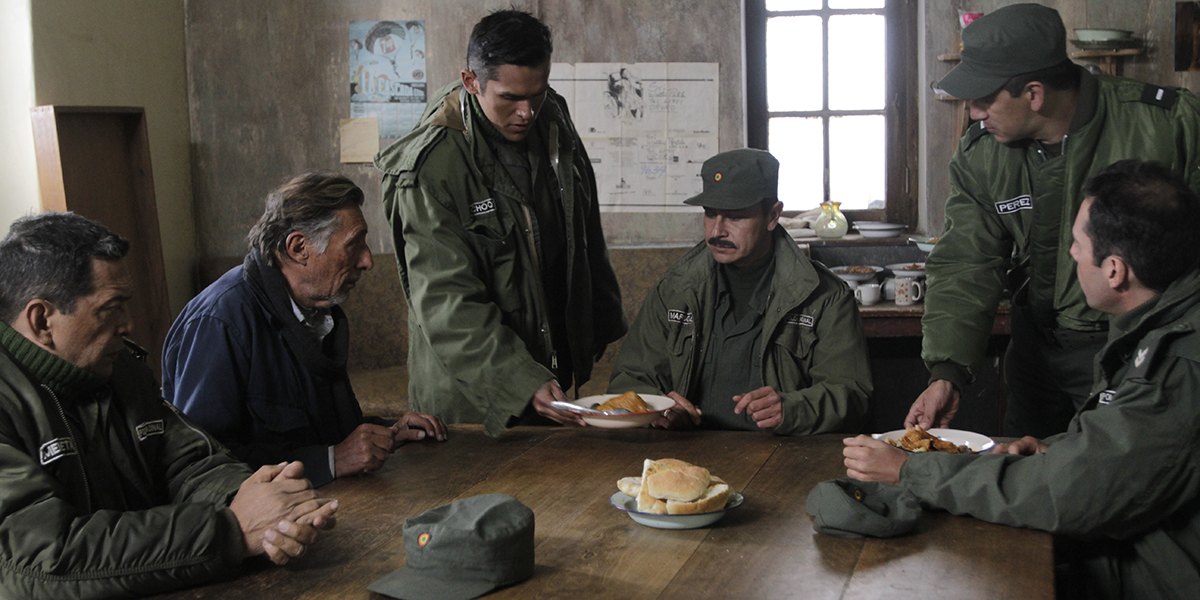The traffic of toxic waste to poor countries converted in garbage countries, is a fact that should concerns us all. It is not only an ecological issue, but also a political one. This story based on true events from the nineties has not lost validity. On the contrary, it is more and more relevant.
The film intends to make a statement about the scarce conscience of the generators of toxic waste on their consequences in the life of simple and powerless people. Also of the struggle for preservation of the Earth, so important in Andean culture.
Sealed Cargo tells a human story, one of common people caught in a situation beyond their control, abandoned to their fate and faced with their personal struggles. It is told in a very personal way, from inside a culture. It describes the closed world of the characters, and the outside world where events take place, changing their fates. A metaphoric Guardian of the Earth, represents the people.
The film’s visual and sound treatment is sober, emphasizing the magnificent landscapes of the Andean Bolivia that as a photographer for decades, I know very well. It has been shot at an altitude of 12,000 feet with real villagers participating as non-professional extras.
